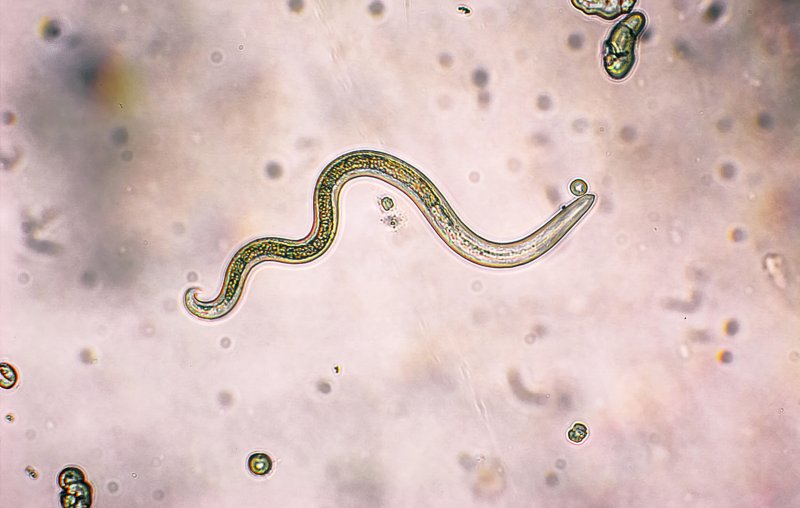“Is the world wormier than it used to be?”
Chelsea Wood, an Associate Professor in the School of Aquatic and Fishery Sciences specializing in the ecology of parasites at the University of Washington, and Maarten Vanhove, an Assistant Professor of Biodiversity and Toxicology at Hasselt University in Belgium, posed that punny question in response to conflicting research.
Some scientists think that warming oceans and landscapes are increasing the abundance of parasites and the diseases they cause, while other scientists disagree.
“Historical data on parasites are nearly impossible to find, which leaves no baseline against which to compare contemporary parasite burdens,” Wood and Vanhove lamented.
But they have an idea.
“If we want to know whether the world is wormier than it used to be, there is only one major research avenue that will lead to an answer: parasitological examination of specimens preserved in natural history collections.”
…
“Hundreds of millions of specimens sit on the shelves of natural history museums as you read these words. They hold answers to one of the most pressing questions in ecology: is parasitism on the rise? All that remains is for ecologists to seize the opportunity to use these widely available, underutilized, and inexpensive resources,” the authors concluded.































